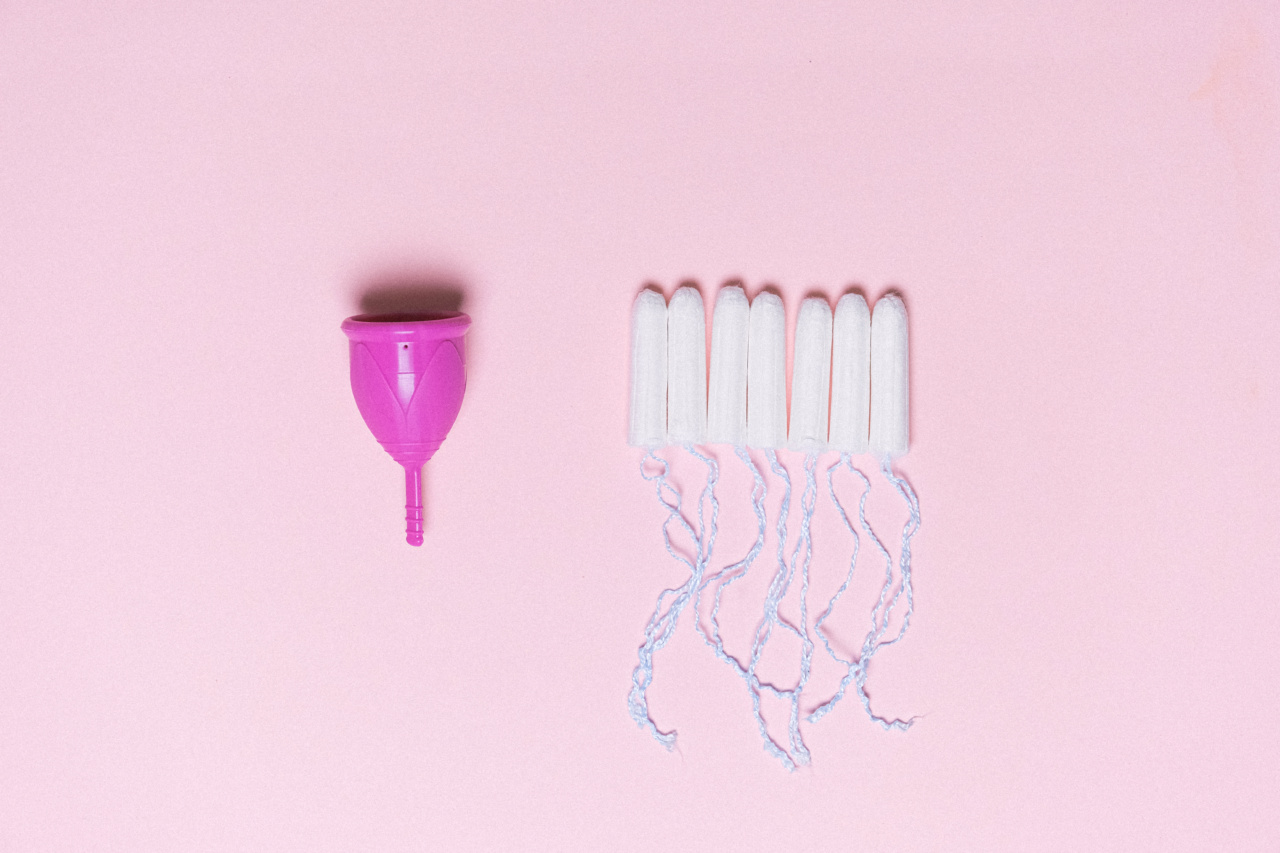Sexual desire varies from person to person and can be influenced by a wide range of factors. While some may experience a high level of libido, others may find their desire dwindling due to certain unusual triggers.
In this article, we explore 10 unexpected things that can reduce men’s desire.
1. Chronic Stress
Stress is a known libido killer and can have a significant impact on a man’s sexual desire. When stressed, the body releases cortisol, a hormone that can suppress testosterone production and dampen sexual appetite.
Finding effective stress management techniques such as exercise, meditation, or therapy can help combat this effect.
2. Lack of Quality Sleep
Getting enough sleep is crucial for overall health, including sexual health. Sleep deprivation can disrupt hormone levels and reduce testosterone production, leading to a decrease in libido.
Establishing a healthy sleep routine and addressing any underlying sleep disorders can be beneficial.
3. Excessive Alcohol Consumption
While a couple of drinks can lower inhibitions and enhance mood, excessive alcohol consumption can have the opposite effect. Alcohol is a depressant that can impair sexual function and decrease desire.
Moderation is key to maintaining a healthy sexual appetite.
4. Sedentary Lifestyle
Leading a sedentary lifestyle with little to no physical activity can negatively affect sexual desire. Regular exercise increases blood flow and releases endorphins, promoting a healthy libido.
Incorporating regular exercise, such as jogging, swimming, or weightlifting, into your routine can help boost your libido.
5. Use of Certain Medications
Some medications used to treat conditions such as depression, high blood pressure, and prostate problems can have a side effect of reducing sexual desire.
If you notice a decrease in libido after starting a new medication, consult your healthcare provider to explore alternative options.
6. Relationship Issues
Intimacy and desire are influenced by the quality of a relationship. Issues such as unresolved conflicts, lack of emotional connection, and communication problems can all contribute to a decrease in sexual desire.
Open and honest communication with your partner, and if necessary, seeking couples therapy, can help resolve these issues.
7. Low Body Image and Self-Esteem
Body image and self-esteem can greatly impact sexual desire. Feeling insecure about one’s body or experiencing a decrease in self-confidence can lead to a reduced interest in sexual activities.
Engaging in activities that promote self-acceptance and seeking support from loved ones or professionals can be helpful in boosting self-esteem and enhancing desire.
8. Excessive Pornography Consumption
While occasional pornography consumption may not harm sexual desire, excessive and compulsive consumption can lead to desensitization and a decrease in real-life arousal.
Limiting pornography consumption and seeking healthy and fulfilling sexual experiences can help restore desire.
9. Unresolved Trauma or Emotional Issues
Unresolved trauma or emotional issues from the past can manifest in various ways, including reduced libido. Seeking therapy or counseling to address and heal from traumatic experiences can contribute to an increase in sexual desire.
10. Unhealthy Diet
The food you consume plays a significant role in your overall health, including sexual function.
A diet high in processed foods, saturated fats, and refined sugars can negatively impact blood flow and hormone levels, leading to a decrease in sexual desire. Opting for a balanced diet rich in fruits, vegetables, whole grains, and lean proteins can support a healthy libido.































